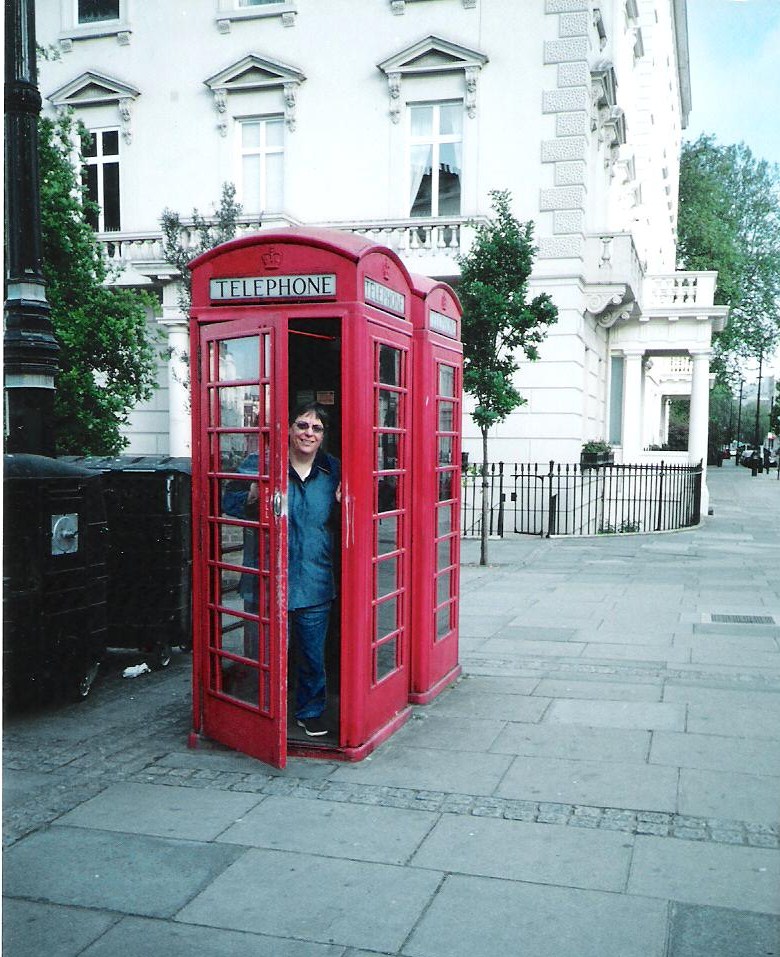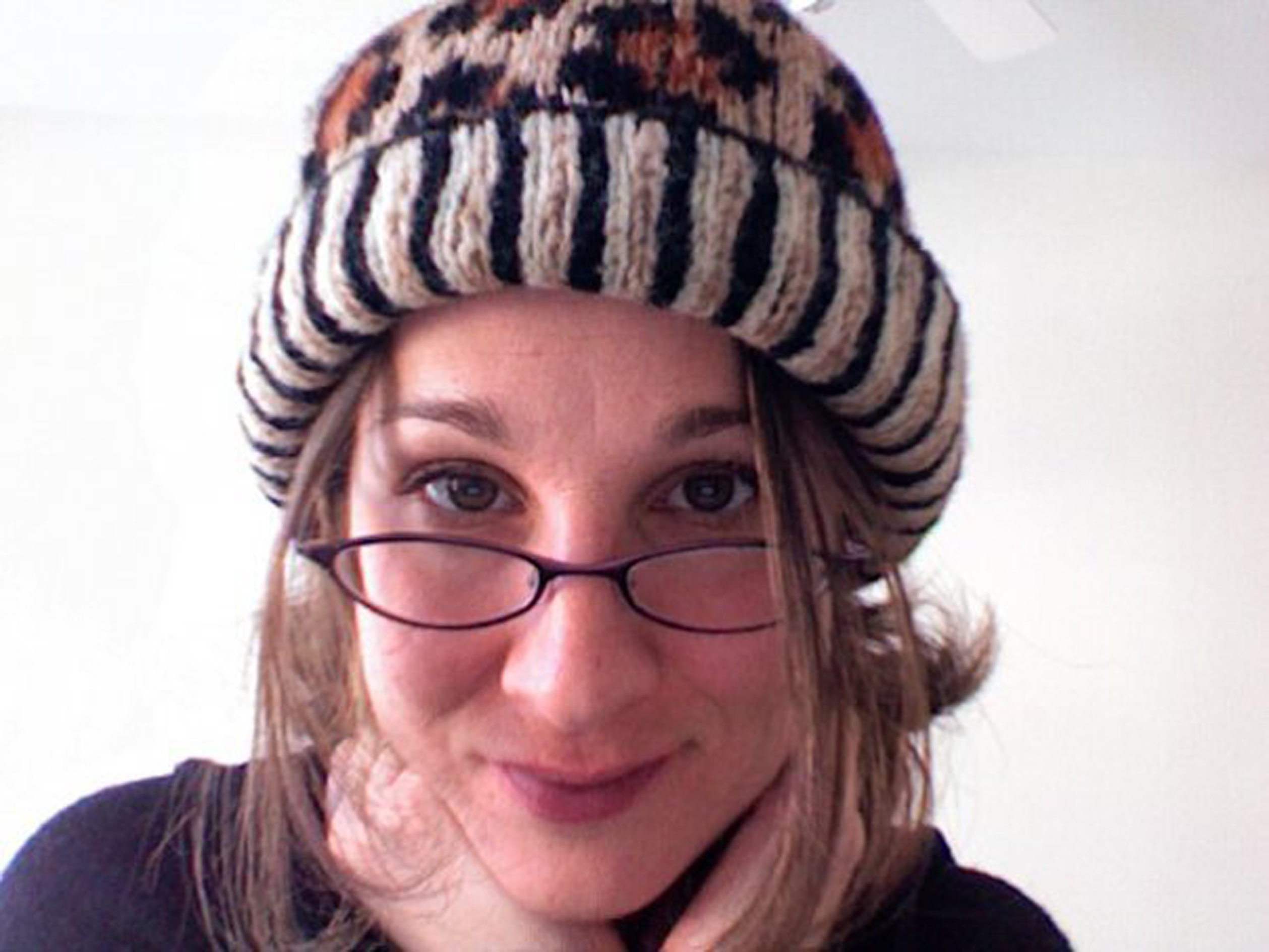Photo most generously provided by the visionary Cole Rise.
The Review Review interviews editor Mary Akers.
Other journals we love:
And organizations we admire:
Virginia Center for the Creative Arts (VCCA)

Photo most generously provided by the visionary Cole Rise.
The Review Review interviews editor Mary Akers.
Other journals we love:
And organizations we admire:
Virginia Center for the Creative Arts (VCCA)

SQF: What are the top three things you look for in a story and why?
Mary Akers:
SQF: . What are the top three reasons a story is rejected, other than not fitting into your answers to the above question and why?
MA:
SQF: What other common mistakes do you encounter that turn you off to a story?
MA: Typos and grammatical errors bug me but aren’t deal breakers if the writing is otherwise sharp and exciting. Poor-pitiful-me stories are usually cathartic to write but not much fun to read and we do receive a lot of those, as you can imagine. I’m not big on navel gazing stories. I like for things to happen, for conventional ideas to be challenged, big concepts explored.
SQF: Do you provide comments when you reject a story?
MA: Yes. Sometimes generic ones, sometimes more detailed ones. The farther the story gets in the editorial process the more likely I am to comment personally.
SQF: Based on your experience as an editor, what have you learned about writing?
MA: I’ve learned how important it is to start strong, to grab the reader right away. In my writer’s heart, I wish there was more time for exposition and thoughtful asides, but in reality–at least in the world of on-line publishing–there isn’t. You’ve got to get into the meat of things right away.
SQF: What one question on this topic do you wish I’d asked that I didn’t? And how would you answer it?
MA: I wish you had asked what sort of stories I would like to see that I’m not seeing. I’d like to see more humor. The fastest road to recovery involves humor and if we can’t laugh at ourselves, or see our foibles in a fictional character and laugh at them, then we won’t get very far down Recovery Road. I’d like to see some stories that address the military aspect of recovery. Recovery from war, for example, either as the service member or the civilian affected by war. I’d really like to see more stories about environmental recovery or lack thereof. Mountaintop removal, ocean degradation, oil spills–these issues are vitally important to me and should be to anyone who, you know, drinks water or breathes air. And yet they are not often addressed in the world of fiction. We should never underestimate the power of stories to change thinking and thereby change the world.

An interview with r.kv.r.y.’s founding editor, Victoria Pynchon
by lisa gates at craving balance
Victoria, can you describe for readers the beginnings of r.kv.r.y?
I’ve been an attorney since 1980. Like so many attorneys, I was a literature
major with an inclination to earn a decent income. Hence, law school—the
default profession for liberal arts majors. The year I turned 40, in ’92, I began
to do some major re-thinking about the direction my life had been going. I felt
empty and sad, and frankly, my marriages hadn’t gone so well.
So I decided to start writing fiction again. I enrolled in extension classes at
UCLA, joined a writers group and began to feel good about my life. Then there
was that little social drinking habit I had, which I cut in ’94, making 2004 an
anniversary of sorts.
All of life’s tumblers clicked into place in ’04. I started r.kv.r.y. first as a way of
staking out my dream without knowing what that dream might turn out to be. I
was casting about for something new. I took a mediation course through a
local law school and said “this is it.” I went back to school to earn my LL.M in
dispute resolution and now I’m mediating full time.
Can you describe the focus of the Journal?
The focus of the r.kv.r.y. is pretty much what it says it is: recovery. So the subject matter focus is pretty wide open—people’s recovery from limitations or oppression of any kind. Political, ecological (we did an issue on natural disasters), familial, physical. It’s a journal of hope and reconciliation with a focus on overcoming obstacles.
We’re looking for high quality writing. I don’t know how to say what that is very quickly. Whole libraries have been written on the subject. The journal has links
to other literary journals that we’d like to set our standards by and the submission guidelines urge people to read those journals that we link to. I’m always surprised when people who are, for instance, submitting poetry, say they don’t read it.
Literature and poetry are a conversation and you have to be part of that conversation, I think, to have any hope of becoming a good writer. So I tell
people to read like their lives depend upon it, which I must say I believe to be the actual truth of the matter.
How do you market or carve out your niche in the literary journal
landscape?
You just start networking. I was innocent. I downloaded Yahoo’s free internet-
design program, taught myself to use it and am continuing to use it to this day.
I think the website costs me about $20/month and the ad in Poets & Writers
costs $60 every other month. I just do it.
That’s what I’ve learned since ’04 about everything in life. You just start the
thing. You take a single step in the direction of a dream and another the next
day, and the one after that. Things begin to grow. People start to hear about
you or tell their friends or post something on a blog like you’re doing. You
become a kind of attractor. I’m not new age so you’ll have to understand that
what I’m about to say is truly metaphoric and not a concrete belief.
I think the power of intention coupled with action creates a kind of force that
becomes bigger than you are, and everything you’ve ever done aligns with that
intention and becomes part of the engine of the dream.
What are some typical mistakes writers make that you see at r.kv.r.y.?
Oh, the poetry. The poetry. People think poetry is easier to write than prose because they think all they have to do is break prose up into lines. Prose is actually easier to write because I think we’re all genetically hard-wired to tell stories.
If I had to give advice to poets, I would quote Shakespeare: “A poet gives to airy nothings a local habitation and a name.” Readers need to be brought into
what John Gardner (The Art of Fiction) calls a continuous lucid sensory dream. Poetry cannot be filled with abstractions. It’s a hologram of the lived world.
What experience do you hope writers will have working with you?
Obviously, I hope they’ll feel that their work is well-respected; that editorial
suggestions are just that—suggestions for their consideration and not mandates from on high. I hope they’ll like the photography or other art that we
publish with their work. If they don’t we hope they’ll feel free to say, “I don’t like
it, please use something else.” I hope they’ll be proud to have appeared in r.kv.r.
y. with other writers of like quality and that someday something we’ve published
will appear in Best American Short Stories or be short listed for a prestigious
literary prize.
What is it to be completely fulfilled in this work and in life?
Wow. These questions are deep. The poet Donald Hall interviewed a sculptor for
the New Yorker once. The sculptor was in his 80s and Hall asked him what the
secret to a successful and happy life was and he replied, “Choose to do
something with your life about which you’re passionate but which you cannot
ever accomplish.” That’s what I’ve done. And for me, that’s what being
completely fulfilled feels like. To be on the edge, like a blade of grass pushing
itself up through the dirt for the first time. The grass has already laid down its
roots, which must be a hell of a lot of work. The moment you live for is the
moment you first break through the dirt. Then, you know, my “mow and blow”
guy comes and cuts it down. You have this really small moment and then you
have to move on to the next one. It’s what the Tibetan Bhuddists call the
“indestructability of impermanence.”
It’s all about the moment of coming into being. So there’s no durability to
failure and no experience of failure because I say, “Okay, that didn’t work; let’s
see what I can make up tomorrow.
For contributors wondering what our highest standards are,
we provide you with the linked poems from our favorite poets.
Photograph by the brilliant and generous Cole Rise.
here they are – eight great years of the
r.kv.r.y. quarterly literary journal
(photo by cole rise)

Editor-in-Chief: Mary Akers‘ short story collection Women Up On Blocks won the 2010 IPPY gold medal for short fiction. The non-fiction book she co-authored (One Life to Give: A Path to Finding Yourself by Helping Others) has been published in seven countries. She earned her MFA from Queens University of Charlotte and although raised in the Blue Ridge Mountains of Virginia—-which she will always call home-—she currently lives in western New York. Contact: r.kv.r.y.editor@gmail.com (**Note: submissions sent to this email will not be considered. All work must be submitted through our online form here.)

Assistant Editor, Non-Fiction/Poetry: Joan Hanna was born and raised in Philadelphia and now lives in New Jersey with her husband Craig and rescued Beagle Odessa. Joan holds an MFA in Creative Writing from Ashland University and has published poetry, nonfiction, fiction and book reviews in various online and print journals. She also works as Assistant Managing Editor for River Teeth, A Journal of Nonfiction Narrative and Managing Editor for Poets’ Quarterly. Follow Joan’s personal blog at www.WritingThroughQuicksand.blogspot.com.

Fiction Editor:Maria Robinson earned her BA from the Writing Seminars at Johns Hopkins University and has done graduate work at the Iowa Writers’ Workshop. She was the fall 2008 writer-in-residence at the Robert M. MacNamara Foundation and has recently been awarded a fellowship from the Vermont Studio Center. Her fiction has appeared or is forthcoming in Bellevue Literary Review, the cream city review, Spork, and Pindeldyboz among others. She currently lives in Princeton, New Jersey.

Poetry Reader:Joan Albarella is author of the Niki Barnes Mystery Series: Close To You, Called to Kill, and Agenda for Murder; four books of poetry: Mirror Me, Poems For the Asking, Women, Flowers, Fantasy and Spirit and Joy; plus over two-hundred individual poetry, article, and short story publications. She has written three plays Mother Cabrini’s Mission to America, Katharine Hepburn’s Brownies and Killing Mr. Scott. She is a member of Mystery Writers of America, Sisters in Crime, The Dramatist’s Guild, and Poets and Writers.

Poetry Reader:Nicole Robinson is the Program and Outreach Coordinator for the Wick Poetry Center at Kent State University. She is the author of the chapbook The Slop of Giving In, The Melt of Letting Go. She received her MFA in poetry from Ashland University, and currently lives in Kent, Ohio with her partner, Deb, and their greyhounds, Bill and Betty.

Non-Fiction Reader: April Ford is a Montréal, Québec native. She holds an MFA from Queens University of Charlotte, and is happily employed as a French lecturer at State University of New York, Oneonta. Her short story “Layla” appeared in the spring 2010 issue of Short Story magazine, and “Isabelle’s Haunting” will appear in the upcoming issue of The Battered Suitcase.
All submissions should be sent through our submission manager.
r.kv.r.y. (rĭ-kŭv’ə-rē)
1. an act, process, or instance of recovering,
2. a return to normal conditions,
3. something gained or restored in recovering,
4. obtaining usable substances from unusable sources.
photograph by cole rise
Submit all work through our submission manager here.
We publish in January, April, July, and October.
We prefer fewer than 3,000 words for prose and no more than three poems per submission. **Please submit all poems in one document.**
We interpret recovery broadly: grief, war, exile, divorce, abuse, bigotry, illness, injury, addiction, loss of innocence, and any other topic where recovery presents itself. Recovery may be early stage, middle stage, late stage, or no stage. Failure and doubt are also part of recovery. We will not define recovery as necessarily requiring success.
POETRY
r.kv.r.y. is interested in good poetry with recovery themes. Poems need not be in first-person. They need not be written by those actually recovering. At the end of the day, the editors of r.kv.r.y. would give you this advice: if you have a good poem, submit it. The worst we can do is say no. (Maximum of 3 poems per submission)
SHORT STORIES
r.kv.r.y. will publish three short stories of high literary quality every quarter. We look to publish fiction that varies widely in style and prefer stories exhibiting character development, psychological penetration, and lyricism, without sentimentality or purple prose. We ask that all submissions address issues related to recovery as defined above. (3,000 words or less)
ESSAYS
Essays published by r.kv.r.y. embrace every area of adult interest related to recovery. Material should be suited to a quarterly that is neither journalistic nor academic but that seeks to explore and understand our human failings. (3,000 words or less)
SHORTS ON SURVIVAL (S.O.S.)
Each issue of r.kv.r.y. will include a number of short-shorts (fiction or non-fiction, under 1,000 words) on the theme of survival–the ultimate result and underlying purpose of recovery.
Click her to browse our famous author photo gallery.